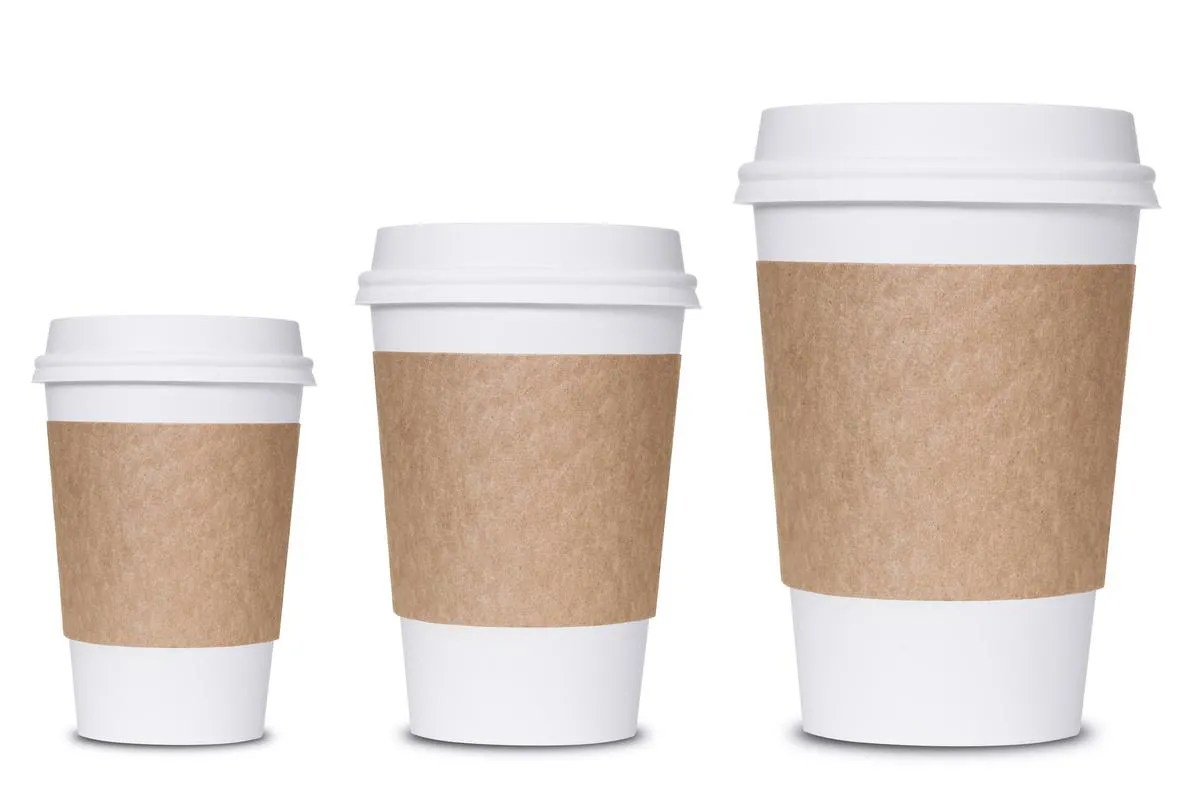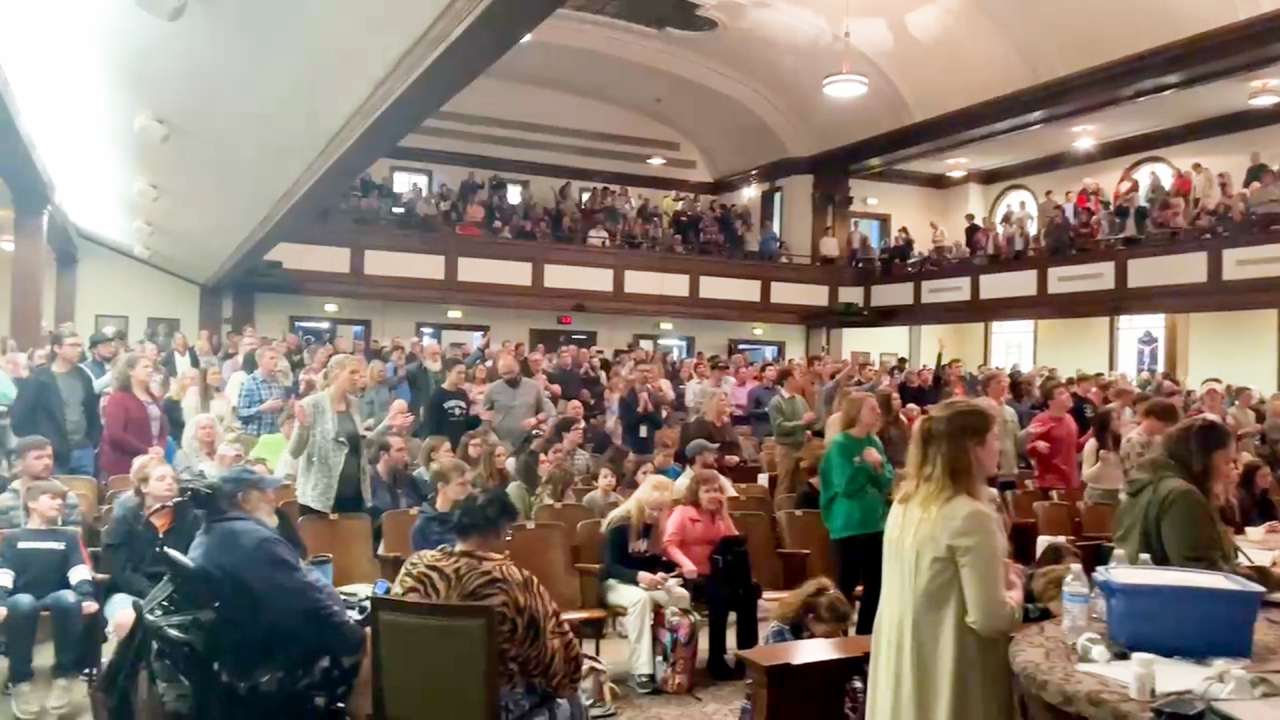VANCOUVER—Vancouver is a city that sips coffee.
In addition to the major international outlets, caffeinated residents have plenty of local chains and independent stores to visit. A steaming cup of coffee is never more than a few feet away in most parts of the city. One could argue that it is the lubricant of the urban machinery of the Pacific.
With this Java jungle comes a lot of junk.
According to the city, about 82 million single-use cups were used in 2018, accounting for about 15 percent of the city’s trash.
The previous council tried to get the cup chaos under control with a statute introducing a 25-cent fee. On Wednesday, the new faces of power in the city elected in October overturned them.
They argue that the fee has made no difference in the cup-using habits of Vancouver coffee fans.
“People who care about their carbon footprint, say, or their climate impact as an individual, are already bringing mugs with them,” Vancouver Coun said. Rebecca Bligh, who was behind the motion to have the fee removed.
For people “who don’t think about it or for one reason or another can’t bring their mug that day, a fee won’t make a difference.”
The rejection of the statute shows that the well-intentioned environmental efforts of the municipalities often lack the scope or organization to be effective, says an expert.
Calvin Lakhan, a researcher and waste expert at the University of York, said the likelihood that a fee would actually limit cup consumption was slim.
Lakhan said that while local councils have good intentions, they often fail to understand that their regional environmental efforts through such initiatives are ineffective.
“Twenty-five cents is a drop in the ocean compared to what would be required,” Lakhan said. “I would agree with the consensus that it doesn’t do much and at the end of the day you’re just a nickel-and-diming consumer.”
The major systemic change that would be required to make real progress on a problem like coffee cup wastage would require a coordinated effort from government, consumers and retailers.
A similar scenario has played out with plastic bag fees, he said, where the very systemic idea of using fees to pay for recycling infrastructure hasn’t materialized.
At the same time, he added, however, the fee has created some awareness and encouraged people to bring their own bags more often.
In Vancouver, the cup fee has been in effect since last January. Starting this year, companies should report how many cups they gave out in the last year. The proceeds were withheld by merchants, according to Bligh, who largely opposed it.
In her view, discounts on coffee would have a better chance of people bringing their own cups.
The overturning of the charges is the latest reversal by the Vancouver City Council after many councilors and the previous mayor were swept from power in last October’s election. In his place was elected a new, more centrist list of councillors, the majority of whom came from the ABC Vancouver party.
A study to introduce a transportation tax that would burden travel to the downtown core was also shelved last year, and a controversial bike lane was tentatively halted under the new park board, also with a majority from ABC Vancouver.
The trophy fee is a case of idealism, Bligh said, an approach she says her party rejects.
“I am for a great climate policy,” she said. “But climate policy for the sake of climate policy is not a good approach.”
Not only did restaurants like the fee and said it didn’t work to reduce waste, they said it was a barrier for low-income residents.
Others on the council disagree. Federal Councilor of the Greens Adriane Carr said the council dropped the charges too early. A report by city officials on its effectiveness should be released in September, Carr said.
“I really believe in evidence-based decision making,” she said. “Councils should not make decisions based on individual cases or consumer complaints.”
There’s no evidence of anything related to the cup fee, she said.
Carr said the fee is intended to encourage restaurants to find ways to reduce waste, whether through a universal system, different cups, or other ideas. With the indictment dropped, every initiative is now at risk, she said.
Lakhan claims that many city officials simply don’t understand the barriers and infrastructure needed to implement their waste reduction plans.
“Cities respond first based on this emotional or political narrative: ‘This has to be good because what’s happening is bad, so we’re trying to do something,’” he said. “But the interconnectedness of the problems and the scale of the problems go far beyond a single city.”
SHARE:
JOIN THE CONVERSATION
Conversations are opinions of our readers and are subject to the Code of Conduct. The star does not support these opinions.
Don’t miss interesting posts on Famousbio









